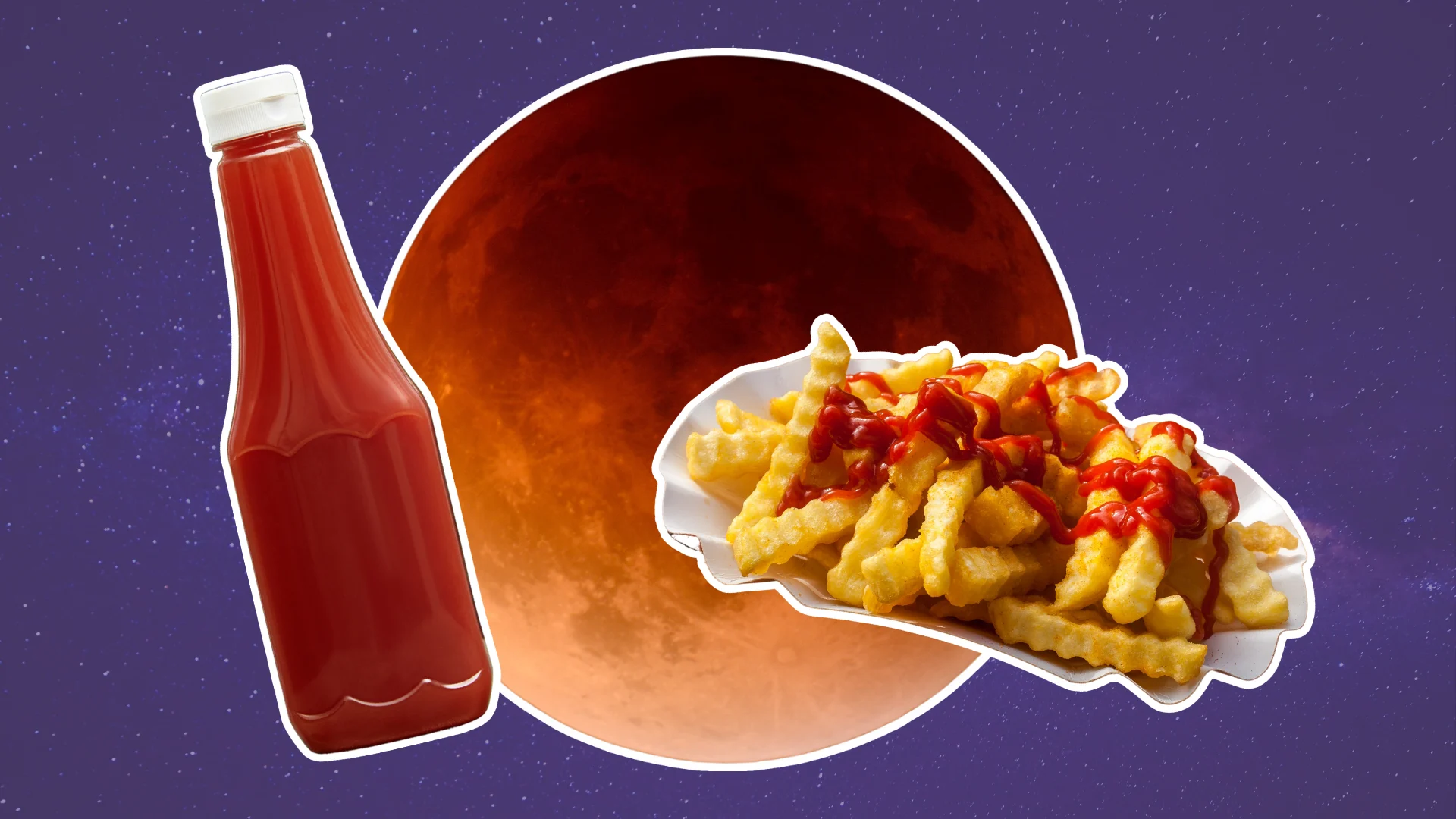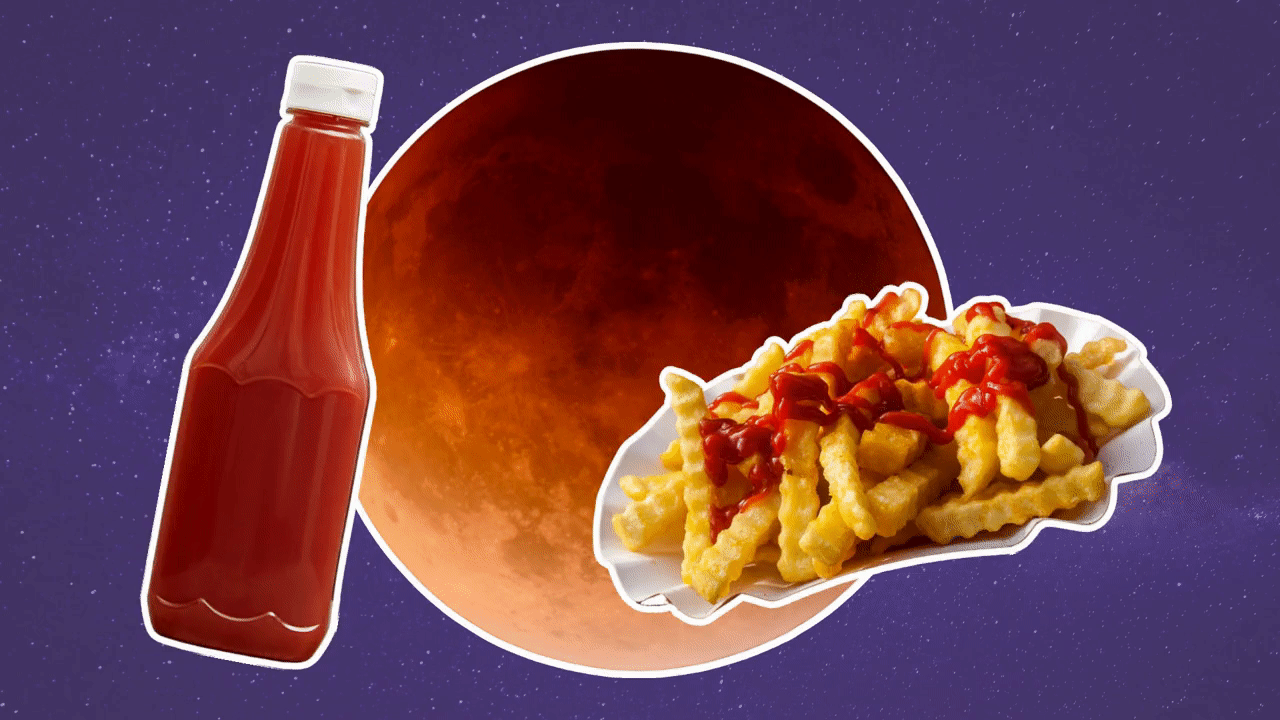
Heinz develops ketchup from tomatoes grown in Mars-like conditions
Heinz, famous for its mustard, relish, and of course ketchup, says it has created its first "Marz edition" of the latter made from tomatoes grown on Earth, but in conditions similar to those on the red planet.
The product comes after months of work by a team of fourteen astrobiologists based out of the Florida Institute of Technology's Aldrin Space Institute.
In a statement, the space institute says it has been working with Heinz for about two years.
For the first step, experts spent about 2,000 hours coordinating a 30-day pilot study and then moved on to a larger project involving some 450 plants.
“One of the biggest challenges we face is how to grow in less ideal soil conditions, and this project could help us discover ways to tackle this issue,” Gary King, head of agriculture at Kraft Heinz said in the statement.
A greenhouse (nicknamed the "red house") mimiced the harsh conditions on Mars and used about 3,500 kg of sand from the Mojave Desert, which has similar characteristics to the soil found on Mars.
“We started the experiment by analyzing the soil from Martian conditions, and from there we were able to shortlist our vast Heinz seed catalog to four potential options that may succeed. Two of these did, so we were able to create a larger crop to create our thriving ketchup tomatoes,” King explained.
“What this project has done is look at long-term harvesting of food."

GIF created by Cheryl Santa Maria. Image credits: Ketchup (Artyum_Malov/Getty Images) Mars (KBOutdoors/Pixabay) French fries (Dagobert 1980/Pixabay)
RACING TO MARS
The modern-day space race has scientists working towards putting humans on Mars, and that is no small goal.
The challenges associated with such an endeavour are numerous: exposure to space radiation, feelings of isolation and confinement, and the potential health implications of living on a reduced-gravity environment like Mars, relative to Earth.
And then, of course, there is the issue of food.
Scientists are spending a lot of time trying to solve this problem, and those findings could have implications for people here on Earth as we continue to battle climate change.
Microgreens, which can be grown in simplistic settings, have shown promise, along with grapevines and now, apparently, ketchup.






